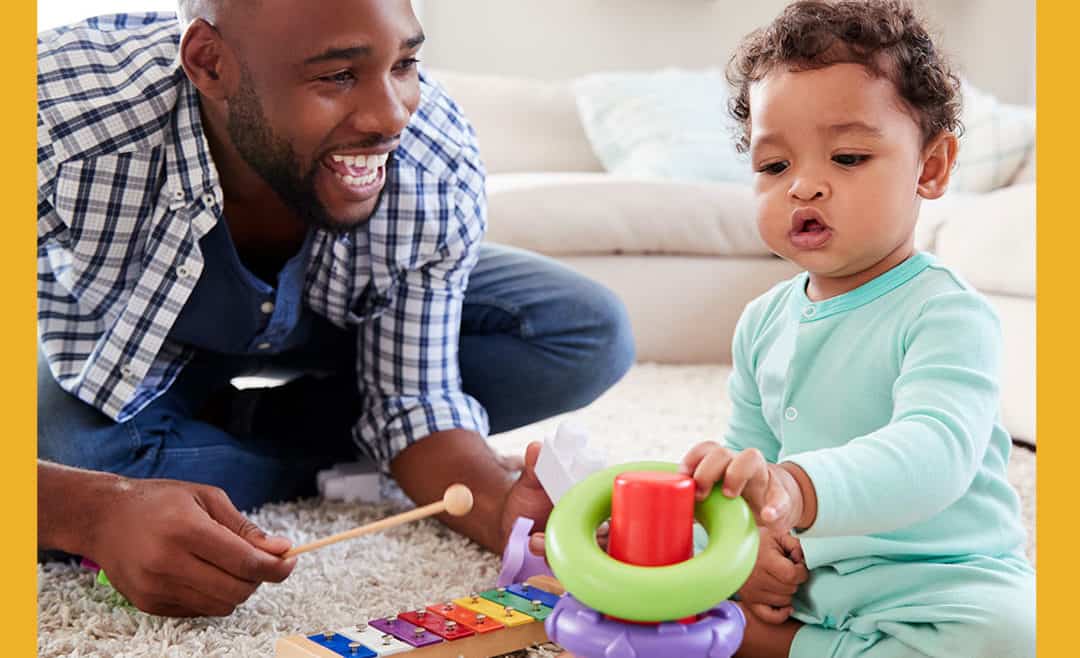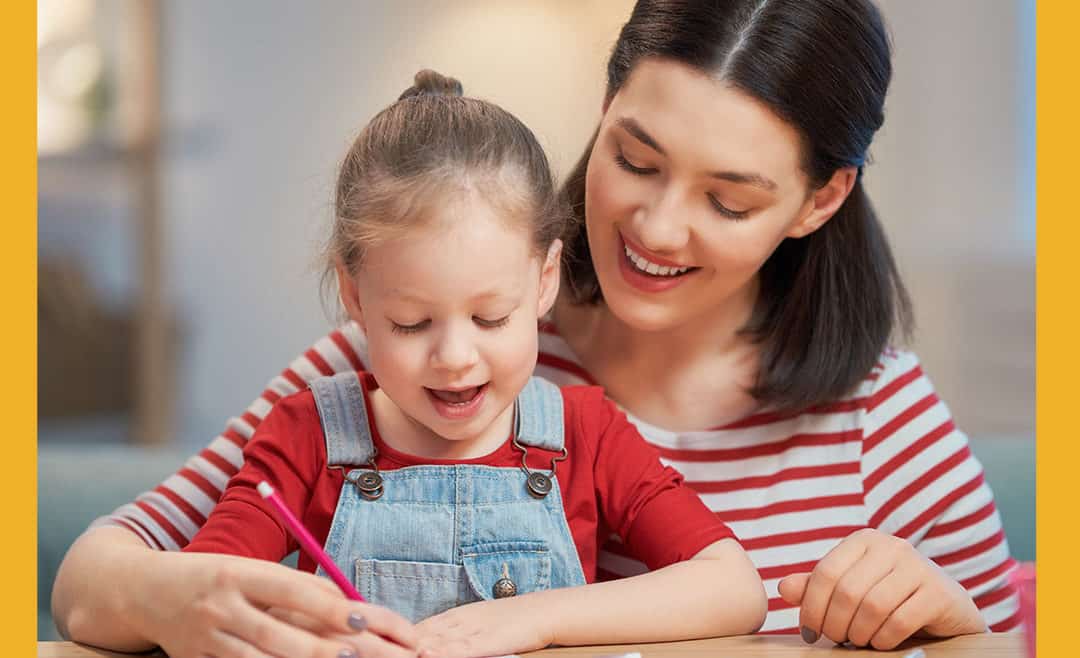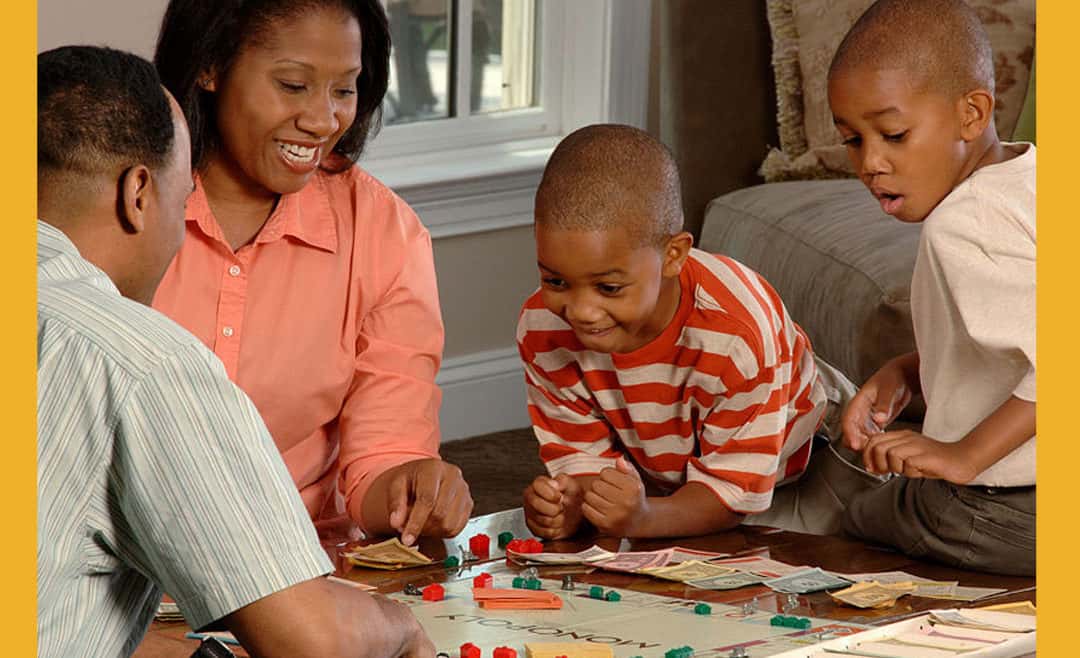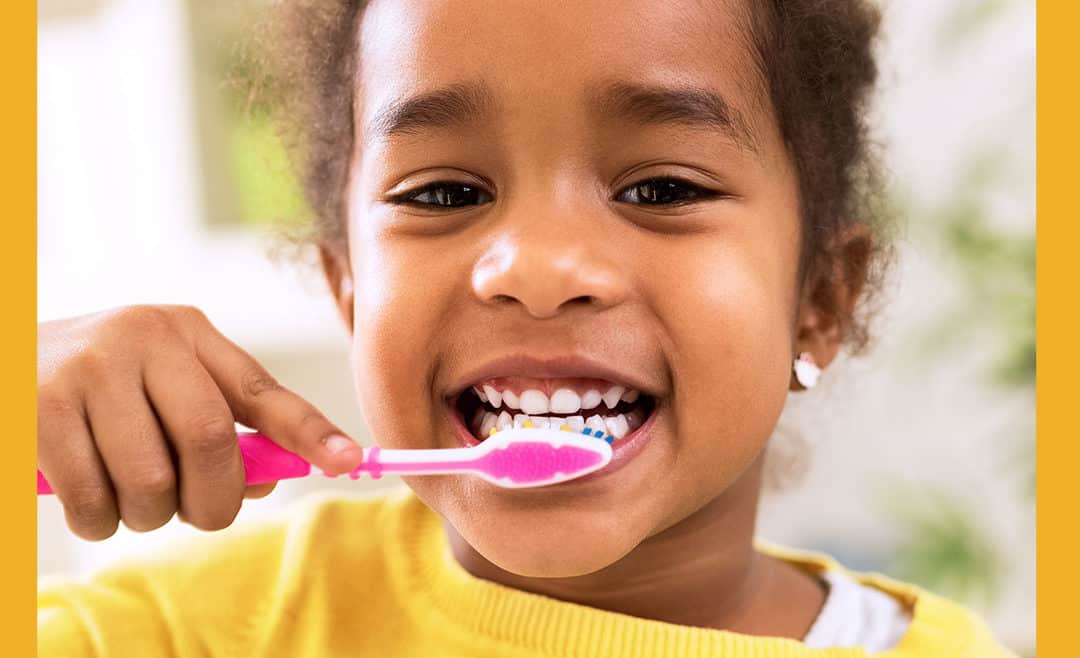Physical therapy has been used for many years to help both adults and children with items such as treatment and rehab for chronic conditions, preventative care, injuries, and so much more. It has the power to change so many lives in a positive manner, and it can truly make a difference when it comes to helping your child improve strength, stability, and confidence in order to meet their motor milestones and engage with family and friends.
Due to the COVID-19 pandemic, many families whose children work with a physical therapist have had to make the transition from in-person therapy to teletherapy which is new for a lot of people. If you’re considering telehealth services but are nervous that your child isn’t going to get the most out of these therapy sessions there’s no need to worry! With a focus on parent education and coaching, our teletherapy sessions have been very successful and can be just as effective as in-person therapy. Please contact us directly if you’d like to learn more!
With that said, and seeing as October is National Physical Therapy Month, we wanted to share some of the benefits of physical therapy for your child (especially while working on their skills in a home setting), along with some fun physical therapy related activities that you can do with your kiddos:
What Are Some of the Benefits of Physical Therapy For Children?
Though there are many benefits of physical therapy for your child, here are some of the main benefits:
- Strengthens muscles
- Builds endurance
- Improves balance and coordination
- Increases range of motion
- Supports achievement of motor milestones and overall mobility skills
How Can a Physical Therapist Help a Child Who is Demonstrating Developmental Delays?
A physical therapist will be able to assess your child’s physical development to determine if gross motor delays are present. They will explain what factors are contributing to these delays and work with you to come up with a plan to improve these areas. In addition to a detailed evaluation, this plan will include activities that you can incorporate into your child’s daily routine to help support their development.
How Can Therapy in a Home Setting be Beneficial to Children?
Children thrive in their skill development when they are in a place that they feel safe, happy, and comfortable. For most children, this place is usually their own house. They tend to be more focused, determined, and excited to improve their skills while at home because they are familiar with their surroundings, and they are around the people they love most – their family! It is also easier for caregivers to carry out home exercise activities when they are incorporated into their daily routines.
What Are Some Fun Gross MotorActivities That I Can Do With My Child At Home?
- Bean Bag Toss: This is an activity that your kiddos will love. Holding and then throwing the weighted bean bags will help to work on your child’s strength and coordination as they try to get their bean bag into the target hole. If you don’t already have a bean bag set, we suggest this set that’s made just for kids.
- Fly Like Superman: This activity works on your child’s core strength and coordination and allows your child to use their imagination in the process. Have your child lay on their tummy and tell them to try and lift their arms and chest off of the ground so that they’re “flying like superman”. To make this activity even more fun, try it on a swing or give your child a cape and tell them that they’re flying to go save the world!
- Painter’s Tape Balance Beam: Get some painter’s tape and create three “balance beams” on your floor. You can have one balance beam be in a straight line, one in a zig-zag line, and one in a circle shape. Have your child try to walk on each beam without falling off to the side to work on their balance and coordination.
If you’re looking for more ways to celebrate this month and spread the word about the benefits of physical therapy, the American Physical Therapy Association has great resources that you can check out, including graphics that you can use on your social media as your cover photo or profile picture.









